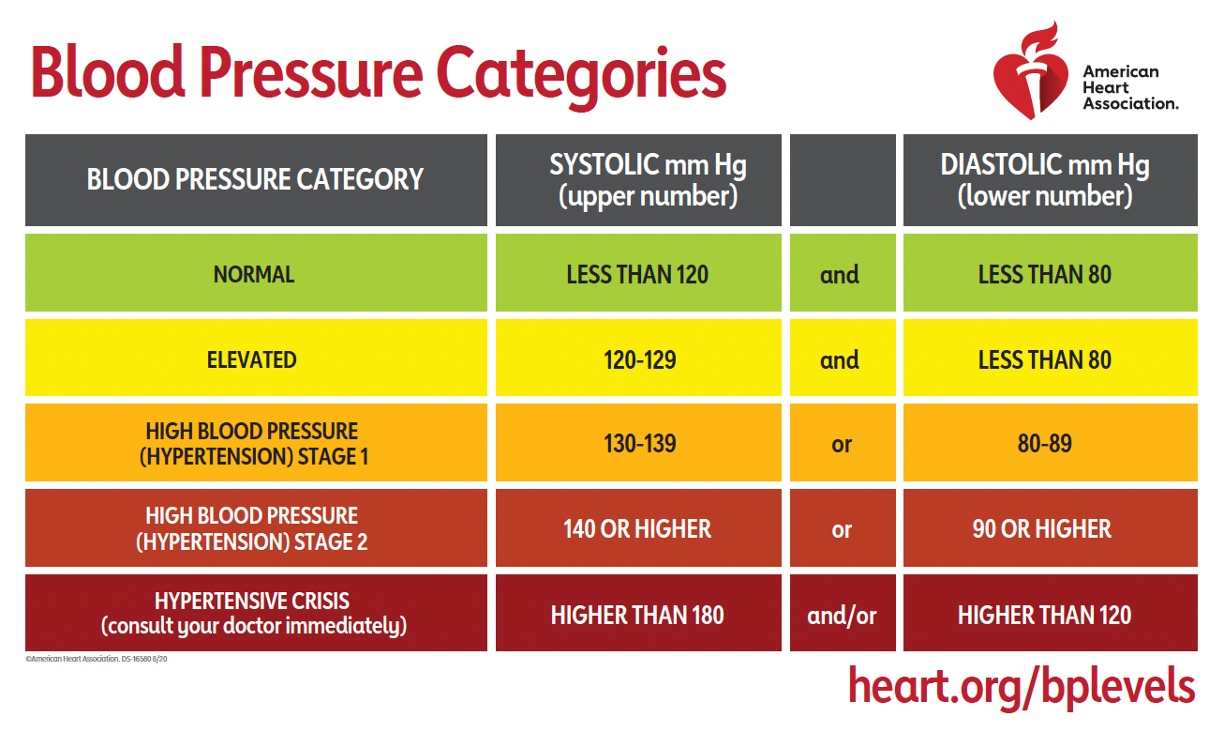What You Should Know About High Blood Pressure
- Category: Healthy Living, Heart Health
- Posted On:

Reviewed by Aaron Schatz, MD, FACC
Preventative medicine is the practice of caring for your body before you experience any negative downstream effects. Maintaining a normal blood pressure is a very important part of caring for your body. But what is blood pressure? Every time your heart beats, it creates pressure on the walls of your blood vessels. If the force of this pumping is too high, over time it wears out the arteries. Persistent high blood pressure is a risk factor for heart disease.
Blood pressure measures the results of two forces:
- The force in the arteries as the blood pumps out of the heart, called systolic pressure, should be 120 mm Hg or less.
- The force in the arteries as the heart rests between beats, called diastolic pressure, should be 80 mm Hg or less.
Your blood pressure measurement is the systolic pressure over the diastolic pressure. Normal blood pressure is 120/80 mm HG or lower.
If your blood pressure reading is higher than 180/120 mm Hg, wait five minutes and take it again. If it's still this high, seek immediate medical treatment.
Unfortunately, high blood pressure often has few symptoms and you might not feel anything is wrong. Check your blood pressure regularly so you can spot—and treat—high blood pressure before it causes long-term damage.
High blood pressure can often lead to heart attack and heart failure, stroke, kidney failure and other health consequences.
GOOD News: It’s never too late to make healthy lifestyle changes to lower your blood pressure, such as quitting smoking, eating healthy foods and becoming more active.
Source: American Heart Association
What Can I Do to Improve My Blood Pressure?

To learn more about the cardiac program visit our heart health page.




